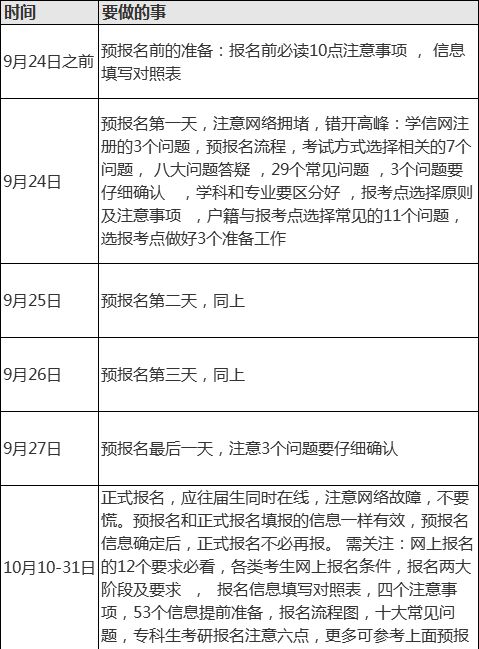Title: Understanding and Addressing Discrimination Against Previous Postgraduate Entrance Exam Takers
Introduction
Discrimination against previous postgraduate entrance exam takers, colloquially known as "考研往届生," is a complex issue prevalent in academic and professional spheres. This discrimination manifests in various forms, from biased hiring practices to social stigma. Understanding its roots, implications, and ways to address it is essential for fostering fairness and inclusivity in education and employment.
Understanding the Issue
1.
Origins of Discrimination
: Discrimination against previous postgraduate entrance exam takers often stems from misconceptions regarding their abilities, motivations, and dedication. Employers and institutions may perceive them as lacking fresh perspectives or as individuals who failed to secure opportunities earlier.
2.
Social Stigma
: Within societal norms, there exists a bias favoring fresh graduates over those who have taken time to pursue higher education. This bias is fueled by the belief that success should come at a younger age and that older candidates are less adaptable or innovative.
3.
Impact on Individuals
: Discrimination can significantly impact the selfesteem, career prospects, and mental wellbeing of previous postgraduate entrance exam takers. It creates barriers to employment opportunities, leading to frustration and disillusionment among qualified candidates.

Addressing Discrimination
1.
Educational Reforms
: Implement reforms in the education system to reduce the reliance on postgraduate entrance exams as the sole determinant of academic merit. This could include holistic evaluations that consider practical skills, research abilities, and extracurricular achievements.
2.
Promoting Diversity
: Encourage employers and educational institutions to embrace diversity and inclusivity in their recruitment and admissions processes. This involves actively seeking candidates from diverse backgrounds, including previous postgraduate entrance exam takers.
3.
Raising Awareness
: Launch campaigns to challenge stereotypes and raise awareness about the value and contributions of previous postgraduate entrance exam takers. Highlight success stories of individuals who have excelled despite facing discrimination.
4.
Support Systems
: Establish support systems, such as mentorship programs and career counseling services, specifically tailored to the needs of previous postgraduate entrance exam takers. Provide guidance on navigating discriminatory environments and building resilience.
Conclusion
Discrimination against previous postgraduate entrance exam takers is a systemic issue rooted in societal perceptions and institutional practices. Addressing this issue requires a multifaceted approach involving educational reforms, promotion of diversity, raising awareness, and establishing support systems. By fostering inclusivity and recognizing the talents of all individuals, regardless of their educational paths, we can create a fairer and more equitable society.





